Acclaimed TV series animator expands storytelling to graphic novel that modernizes classic horror for YA
“A wickedly sharp adventure!”
—ND Stevenson, New York Times bestselling and Eisner-award winning creator of Nimona and co creator of the Lumberjanes series
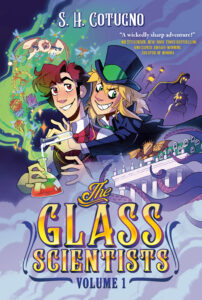 LOS ANGELES, California – After amassing a dedicated fandom with over 180,000 unique visitors to theglassscientists.com and more than 6 million views (and counting) on TikTok’s #TheGlassScientists, S.H. Cotugno is releasing the first volumized edition of their delightful webcomic inspired by Dr. Jekyll and Mr. Hyde, The Glass Scientists: Volume 1 (Razorbill, Oct 3, 2023). Having worked in the animation industry as a director, writer and storyboard artist on hit shows such as Gravity Falls, The Owl House and Star vs. the Forces of Evil, series creator Cotugno dazzles readers with a warm-hearted gaslamp fantasy starring Jekyll and Hyde, Frankenstein and more. The series is perfect for young adults and debuts just in time for Halloween!
LOS ANGELES, California – After amassing a dedicated fandom with over 180,000 unique visitors to theglassscientists.com and more than 6 million views (and counting) on TikTok’s #TheGlassScientists, S.H. Cotugno is releasing the first volumized edition of their delightful webcomic inspired by Dr. Jekyll and Mr. Hyde, The Glass Scientists: Volume 1 (Razorbill, Oct 3, 2023). Having worked in the animation industry as a director, writer and storyboard artist on hit shows such as Gravity Falls, The Owl House and Star vs. the Forces of Evil, series creator Cotugno dazzles readers with a warm-hearted gaslamp fantasy starring Jekyll and Hyde, Frankenstein and more. The series is perfect for young adults and debuts just in time for Halloween!
The Glass Scientists follows Dr. Henry Jekyll who, determined to help reshape the nasty public image of his fellow mad scientists, creates the Society for Arcane Sciences a place where a colorful cast of like-minded eccentrics could come together to defy the laws of nature in peace. When a mysterious stranger arrives to take the Society in a new direction, Jekyll’s life spirals out of control, shattering his carefully laid plans, and threatening to expose his darkest secrets.
Perfect for fans of Lore Olympus, The Adventure Zone, and The Night Circus, this beloved webcomic of mad science and misunderstood Victorian monsters is publishing in print for the first time!
“The Glass Scientists: Volume 1”
S.H. Cotugno | October 3, 2023 | Razorbill | Graphic Novel (12+) / Fantasy
Hardcover | 9780593524428 | $24.99
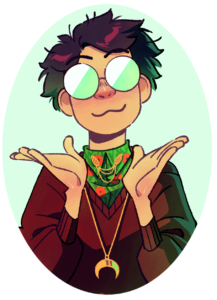 S. H. COTUGNO is a queer and mixed-race Victorian horror nerd born and raised in Los Angeles, California. They are a director, writer and storyboard artist in the animation industry and have previously worked on projects such as Gravity Falls, The Owl House and Star vs. the Forces of Evil. The Glass Scientists will be their first published graphic novel. You can see more of their work at SeeGoatRun.com.
S. H. COTUGNO is a queer and mixed-race Victorian horror nerd born and raised in Los Angeles, California. They are a director, writer and storyboard artist in the animation industry and have previously worked on projects such as Gravity Falls, The Owl House and Star vs. the Forces of Evil. The Glass Scientists will be their first published graphic novel. You can see more of their work at SeeGoatRun.com.
Follow S . H. COTUGNO on social media:
Facebook: @arythusa | TikTok: @arythusa
Twitter: @arythusa | Instagram: @arythusa
In an interview, S. H. Cotugno can discuss:
- What personally inspired them to produce a Jekyll/Hyde graphic novel retelling
- How retelling a classic story helped them explore gender and sexuality
- How The Glass Scientists’ story helped them through creative heartbreak
- How their acclaimed work on shows like Gravity Falls, Star vs. The Forces of Evil and The Owl House influenced this series
- The story’s themes of duality and self-acceptance, and its reflection in their own life
- Why taking a classic gothic horror story and making it more accessible to young readers is not only fun but important
- Their decision to create The Glass Scientists as a webcomic that has since amassed millions of views and a loyal fanbase
- The ways that monsters and mad scientists can be empowering characters to people from marginalized identities
An Interview with
S. H. Cotugno
1. Dr. Jekyll/Mr. Hyde is such a classic and inspiring story! What went into your decision to re-tell this story in your graphic novel? How did you turn this classic into something modern young readers can relate to?
As a mixed-race, bisexual, and nonbinary person, I’ve always been drawn to stories about characters caught between two worlds. I can’t think of a character who embodies that experience more than Dr. Jekyll, a man so desperate to fit himself into the boxes society laid out for him that he literally splits his soul in two. But I totally get why young readers would be reluctant to pick up a 140-year-old novella, especially one where everyone already knows the twist at the end. Yeah, we get it, Dr. Jekyll and Mr. Hyde were the same person the whole time! So I wanted to reimagine Dr. Jekyll, as well as Dr. Frankenstein, Dr. Moreau, and all my other favorite mad scientists, in a fun and fast-placed story that both eager and reluctant readers could fall in the love with.
2. Why is The Glass Scientists important to you on a personal level?
Among other things, the Glass Scientists helped me discover my transgender identity. The story has gone through so many changes over the years, but somehow I always knew exactly what Jekyll looked like. I hadn’t heard the term “transition goals” yet, but I started to suspect that something might be up after more than one reader messaged me saying that his “egg crack” moment (the moment someone realizes they are trans) had something to do with him. I always got so excited when I received those messages, but I couldn’t quite articulate why until a friend sent me a Glass Scientists fanfiction depicting Jekyll as a trans man. This was one of the first–if not the first–time I had seen transmasculine representation, and it kickstarted my long and messy journey of gender exploration.
3. The Glass Scientists was originally a webcomic. What went into your decision to share it online?
Since I work in the animation industry, people often ask, “Why didn’t you pitch The Glass Scientists as a TV show?” But the range of stories deemed marketable for TV animation is incredibly narrow, and it was even narrower when I started in the business ten years ago. Series aimed at young adults were incredibly rare, and queer representation was virtually unheard-of. But I knew there was an audience out there for stories like this, even if studio mandates and focus groups insisted otherwise. I tested the waters with a mini-comic funded through Kickstarter, and after I blew past all my stretch goals, I decided to take the plunge and commit all my nights and weekends to the sordid webcomic lifestyle.
4. You have such an impressive resume of shows like Gravity Falls, Star vs. The Forces of Evil and The Owl House. How did your experience working on those shows influence this series?
I was so lucky to begin my career working on incredible shows that just happened to line up with the kinds of stories I wanted to tell, balancing fantastical worlds with relatable characters and conflicts. My time on those projects, working alongside some of the most talented artists and writers in the industry, taught me everything I know about visual storytelling. I’m sure you can see the Gravity Falls influence on my sense of comedic timing or the Owl House vibes in some of the more gruesome monsters who show up later in the story. Fans of those shows will find plenty to like here!
5. Dr. Jekyll/Mr. Hyde is definitely a more gothic tale, but you’ve made it so colorful and vibrant. How did you incorporate more humor into the story?
The Glass Scientists deals with some pretty intense themes, from self-loathing to internalized homophobia. But if you start your story in a completely dark and dreary place, it’s easy to say: “This guy barely has anything to live for to begin with, so does it really matter if a few more terrible things happen to him?” But if you saw him at his best, when the future seemed bright and full of promise, you know exactly how much he has to lose. My hope is: if I can get you to laugh along with my characters, you’re more likely to care when I throw them off a cliff.
6. You recently started a TikTok and have put a lot of effort into connecting directly with your fans. Does interacting with your readership on a daily basis affect your creative process?
I’ve been posting my work online since the days of Elfwood and Gaia Online, but nothing I’ve ever posted before has gathered a loyal following like the Glass Scientists. The fact that people show up week after week and even make their own fanart, fanfiction, cosplays, and crafts based on my characters is a privilege I never take for granted. It’s particularly fun when you get to know your most frequent commenters and think, “I bet RB will have a hot take on this one,” or “I think Arin will love this drawing of Lanyon.” Of course, having that personal relationship with fans can make it hard to stay true to your creative vision and not be swayed by what you think they want to see. But there’s no way I would have made it through the grind of a weekly webcomic for eight-plus years if it weren’t for the enthusiastic support of my readership!
7. What drove you to begin writing The Glass Scientists?
Nearly every step of creating the Glass Scientists was marked by creative heartbreak.
I began outlining the story in earnest after I was rejected from the Disney Animation story trainee program in 2012, and I pitched it to my literary agent shortly after my first animation development project was shelved in 2020. Those career setbacks absolutely sucked when I was going through them, but they also challenged me to develop my creative voice and build self-confidence on my own. And at a time when studios are so quick to cancel shows or disappear them from their streaming services, it’s been a source of stability and comfort to have a story that is entirely my own.

A former award-winning journalist with national exposure, Marissa now oversees the day-to-day operation of the Books Forward author branding and book marketing firm, along with our indie publishing support sister company Books Fluent.
Born and bred in Louisiana, currently living in New Orleans, she has lived and developed a strong base for our company and authors in Chicago and Nashville. Her journalism work has appeared in USA Today, National Geographic and other major publications. She is now interviewed by media on best practices for book marketing.










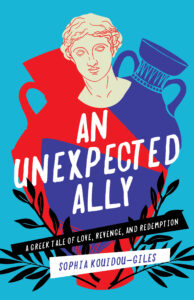 Seattle, WA
Seattle, WA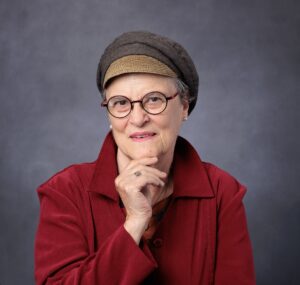 Sophia Kouidou-Giles
Sophia Kouidou-Giles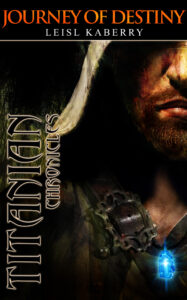 “Journey of Destiny” by Leisl Kaberry
“Journey of Destiny” by Leisl Kaberry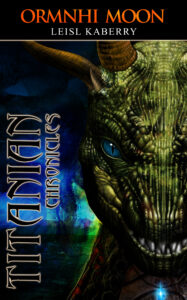 “Ormnhi Moon”
“Ormnhi Moon”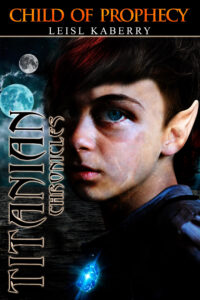 “Child of Prophecy”
“Child of Prophecy”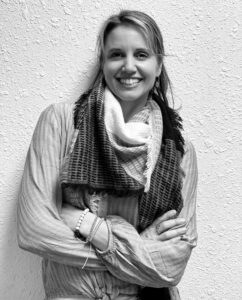 KITIMAT, B.C. Canada:
KITIMAT, B.C. Canada: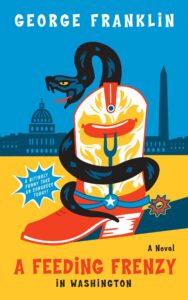 ATLANTA
ATLANTA
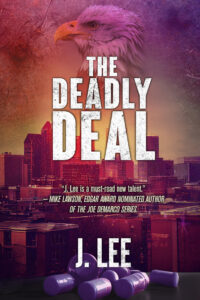 Chicago, IL
Chicago, IL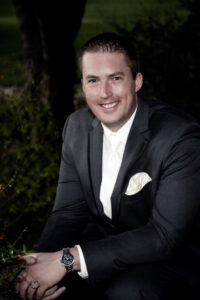 J. Lee
J. Lee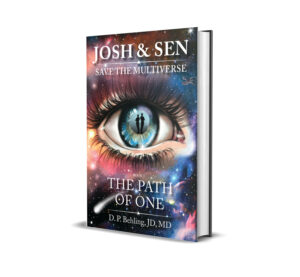 Oahu (Honolulu), HI
Oahu (Honolulu), HI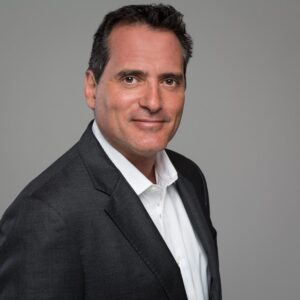 DAVID BEHLING
DAVID BEHLING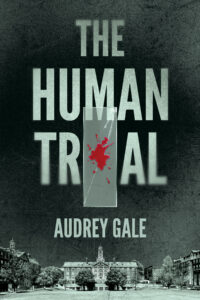 LOS ANGELES
LOS ANGELES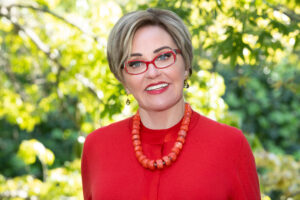 Audrey Gale long dreamed of being a writer, but never anticipated the circuitous road she’d take to get there. After twenty-plus years in the banking industry, she grew tired of corporate gamesmanship and pursued her master’s in fiction writing at the University of Southern California. Her first novel, a legal thriller entitled The Sausage Maker’s Daughters, was published under the name A.G.S. Johnson. The novel explores one woman’s struggle to find her place amidst the upheaval of the radical 1960s. Her second, The Human Trial, is the first book in a medical-thriller trilogy inspired by Gale’s own experiences with the gap between traditional medicine and approaches based on the findings of the great physicists of the 20th Century, like Einstein and Bohr. Both The Sausage Maker’s Daughters and The Human Trial incorporate Gale’s fascination with historical and scientific research, and always with women finding their places. Gale lives in Los Angeles with her husband and dogs where she is found hiking the Santa Monica Mountains every chance she gets. For more, visit
Audrey Gale long dreamed of being a writer, but never anticipated the circuitous road she’d take to get there. After twenty-plus years in the banking industry, she grew tired of corporate gamesmanship and pursued her master’s in fiction writing at the University of Southern California. Her first novel, a legal thriller entitled The Sausage Maker’s Daughters, was published under the name A.G.S. Johnson. The novel explores one woman’s struggle to find her place amidst the upheaval of the radical 1960s. Her second, The Human Trial, is the first book in a medical-thriller trilogy inspired by Gale’s own experiences with the gap between traditional medicine and approaches based on the findings of the great physicists of the 20th Century, like Einstein and Bohr. Both The Sausage Maker’s Daughters and The Human Trial incorporate Gale’s fascination with historical and scientific research, and always with women finding their places. Gale lives in Los Angeles with her husband and dogs where she is found hiking the Santa Monica Mountains every chance she gets. For more, visit 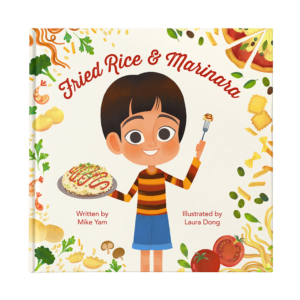 It’s Mikey Yam’s fourth birthday, and he’s facing a big dilemma: Should he serve Chinese or Italian food at his birthday party? Both his Chinese and Italian family members will be there, and he doesn’t know which one to pick! With the help of his trusty food gurus, his grandmothers, Mikey embarks on a mouth-watering adventure to create a one-of-a-kind fusion dish that will make his party the talk of the town. Mikey discovers that the best parties are the ones that celebrate diversity and bring people together through the power of food. Join Mikey’s journey and find out how two cultures can collide for a fusion of flavors to unite everyone!
It’s Mikey Yam’s fourth birthday, and he’s facing a big dilemma: Should he serve Chinese or Italian food at his birthday party? Both his Chinese and Italian family members will be there, and he doesn’t know which one to pick! With the help of his trusty food gurus, his grandmothers, Mikey embarks on a mouth-watering adventure to create a one-of-a-kind fusion dish that will make his party the talk of the town. Mikey discovers that the best parties are the ones that celebrate diversity and bring people together through the power of food. Join Mikey’s journey and find out how two cultures can collide for a fusion of flavors to unite everyone!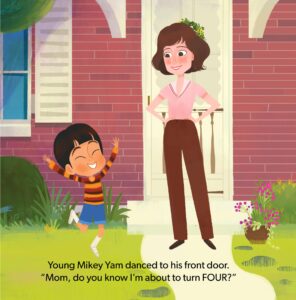
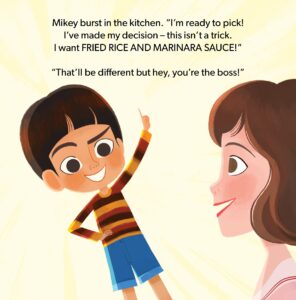

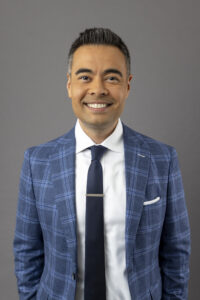
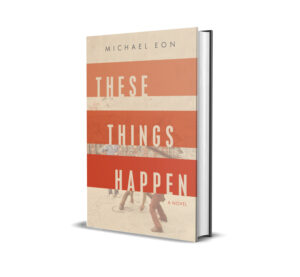 NORTH HAMPTON, NH
NORTH HAMPTON, NH
